|
This is an excerpt from Chapter 1.2 of my upcoming book, Challenge Accepted: Mindsets and Habits for Thriving in the Workplace. In this chapter I discuss four elements of career development for those entering the workforce as well as those looking to grow their roles and responsibilities. Chapter 1.2 Four ElementsWe are talking about Getting Ready so that you can Get Started on your professional journey. Whenever you face an opportunity to elevate your role or increase your responsibilities, you will revisit the Three Wheres. These are 1) Where you are, 2) Where you will be, and 3) Where you want to be. Within each of these stages, there are Four Elements that enable you to develop yourself (aka personal development, see more in Chapter 2.4) and your professional skills.
As we work to increase these four elements, something changes within us. The inner change is what prepares us to receive and thrive in new opportunities for external growth. External growth is reflected in achieving our goals. Internal growth is all of the preparation work that we do to get our mindset and habits right to face new challenges in our lives. Increase knowledge = Increased perspective of what is possible.
Increase experiences = Increase confidence in the ability to learn new things.
Increase abilities = Increase opportunities through stewardship of knowledge and experiences
Increase resources = Increase access to opportunities
Knowledge is the most accessible of the four elements. If you are asking, “Where CAN I acquire new knowledge?” I would ask you to consider the same question with one small twist, “Where CAN’T you acquire new knowledge?” You have unlimited access to information which is an essential building block of knowledge. New knowledge has the power to expand our prior concepts of how things work and what is possible. Knowledge elevates our mindset and perspectives. For example, if you wanted to learn to be an electrician, where could you find information about this trade?
Take anything you want to learn and ask the same question, “Where CAN’T you find information and acquire new knowledge?” We will discuss all four of these elements, but to understand knowledge we have to think about how people deliver and receive new information. For more about this book for yourself or a young professional that you want to encourage, check out the Challenge Accepted landing page and RSVP your copy today.
0 Comments
Everyone talks about ACCOUNTABILITY, but what does it mean to create it within an organization? Our guest Geoff Lawson (Auburn, WA) shares his experiences with hiring, training, and developing skilled trades teams. In part two of this discussion on productivity, we will dive into elements such as:
The DYOJO Podcast Ep 106Accountability & LeadershipIN THIS EPISODE:
Appearances and shoutouts in this episode include: Michelle Blevins Kelsey Isaacson Pete Consigli Cliff Zlotnik Jim Thompson Lloyd Weaver, Jr Lance Weaver Ben Justesen Brendon Rumsey Thursdays are for The DYOJO Podcast - helping contractors shorten their DANG learning curve. Last Episode 105 - Productivity Part 1 - Training & Expectations with Geoff Lawson Productivity leads to profitability. Our guest Geoff Lawson (Auburn, WA) shares his experiences with hiring, training, and developing skilled trades teams. In part one of this discussion on productivity we will dive into elements such as:
The DYOJO Podcast Episode 105 Productivity Part 1 - Training and Expectations IN THIS EPISODE: 0:00 Productivity Part 1 with Geoff Lawson 2:07 Restoration History with Michelle Blevins and Pete Consigli * WATCH the full episode "The History of Restoration" on Restoration Today from C&R Magazine 7:46 Using time as a productivity metric 16:32 Reducing friction with management expectations 21:04 Understanding production rates in estimating 27:29 Clarity, consistency, and accountability 30:31 Unleash the power of relational leadership Appearances and shoutouts in this episode include:
Thursdays are for The DYOJO Podcast - helping contractors shorten their DANG learning curve. THANK YOU TO OUR SPONSORS: EPIC Estimates, winner of the RIA's 2023 Contractor's Choice Award, specializes in writing Xactimate™ and Symbility estimates with speed, precision, and professionalism. Advocate Claim Service was founded to provide policyholders, brokers, and attorneys with a dedicated claim professional to develop a comprehensive claim presentation strategy. Read David Princeton's column, Dear David, in C&R Magazine. The Restoration Industry Association (RIA) is excited to offer a new First Time Contractor Member discount program making it more affordable than ever to become a member! The Institute of Inspection Cleaning and Restoration Certification (IICRC) is a professional certification and standard-development non-profit organization for the inspection, cleaning, and restoration industries. Author Jon Isaacson, The Intentional Restorer, shares his two decades of professional experience to help anyone involved with, or interested in, the art of estimating to shorten their DANG learning curve for improvement. How To Suck Less At Estimating: Habits For Better Project Outcomes. Theme Music - It's Only Worth It If You Work For It by NEFFEX Last Episode 104 - Busy But Bankrupt with Brendon Rumsey Are you a contractor in the Pacific Northwest (PNW)? We are hosting our first half-day water damage and insurance claims symposium in Edmonds, Washington on Tuesday, June 13, 2023. This event will feature three Ted-talk style presentations from subject matter experts.
If you'd like to know more about that or how you can support that you can go to thedyojo.com/events #waterdamage #insurance #claims #propertyrestoration #contractor #education #workshop #training Join local water damage contractors as we discuss the use of technology for remote readings for structural drying, creative solutions for unique mitigation scenarios, and how to avoid common mistakes made during insurance claims. TUE 06/13/23 F019 Water Damage Mitigation Mini-Symposium Time: 1000am - 200pm PST THANK YOU to our host: Andrea Florescu and Marin Caba from American Water Damage Restoration (Edmonds) AGENDA 945am - Doors Open 1000am - Opening Remarks
200pm - Clean up and tear down Be sure you are on our MAILING LIST for the calendar invite. WHERE: Please use EVENTBRITE to RSVP and acquire location details Water Damage TechnologyColby Wynn has owned and operated a local mitigation company, Affordable Restoration, for 3 years. With a great eagerness to perform water damage restoration at the highest levels he has attained many industry certifications including IICRC WRT (Water Restoration), ASD (Applied Structural Drying), AMRT (Microbial Remediation), FRST (Fire Restoration) as well as safety certifications for AHERA (Asbestos) and RRP (Lead based paint). Colby is also a Council Certified Indoor Environmentalist with the ACAC and provides IEP consulting services. Colby will discuss creative ways that his company has been using remote monitoring technology to help them maintain compliance with the industry Standard of Care. He plans to quote specific references and standards while discussing the challenges contractors face with compliance. Colby believes that remote monitoring equipment provides part of the solution to achieving the standard of care while serving clients with excellence, his presentation will include real world examples from his own field experiences. Creative Mitigation SolutionsJoyce Gabriel is a mitigation specialist who was leveraged her experience, training, and zeal for ongoing education to elevate her roles as well as her teams. She has over 10 years in the industry with exposure to many challenges and complexities on projects that require unique and creative resolutions. She currently serves as the the General Manager of Landall Restoration (Tacoma, WA) while she is building her own entrepreneurial dream as the owner of Expert Restoration (Olympia, WA). Joyce will share some of the challenging scenarios that she has come across in her water damage experiences and how she has helped prepare her teams to form creative solutions to address various structural needs. Joyce places a high value on knowing and applying the industry Standard of Care. She will share how modern property restoration contractors can learn to see their roles through a new lens and source unique ways to fulfill their responsibilities to the customer, the structure, and best practices. Insurance Claims LitigationJohn Walker, Jr. is the COO of MAS Solutions. MAS was founded on the premise that their clients depend on MAS to represent them to the parties in a loss. Their professional adjusters, appraisers, and consultants engage with loss stakeholders – actively listening, gathering data, and providing comprehensive assessments. Relying on years of experience in their respective fields, the MAS team of property, auto and liability experts deliver quality reporting and reliable results daily.
John will be sharing from his unique perspective as an independent adjuster (IA), public adjuster (PA), and appraiser. John will share many of the issues he observes on water damage restoration scenarios and how property restoration contractors can better equip themselves and their teams to avoid unnecessary litigation. The Science Panel for the Lessons Learned from Storm Response and Hurricane Recovery workshop brought Ralph E. Moon, PhD and Jeremy D. Beagle, CIH to center stage.
Ralph shared his wealth of knowledge in being called to projects for cause and origin. When he is conducting a claims inspection, he seeks to allow the conditions of the structure to speak for themselves. Jeremy followed up with a practical discussion of some of the ways third-party consultants can miss the mark by not approaching the structure with a scientific process that leads them to make evidence-based conclusions. This process includes asking, “Why am I doing this?” as well as, “Is this accomplishing what it is intended?” Ralph and Jeremy worked together in a supervisory capacity. We sat together during one of the FOP (Friends of G. Pete Consigli, CR, WLS) Dinners and I had the joy of hearing more about their mentorship relationship. Ralph discussed at the workshop, echoing what Joseph Lstiburek also shared during the Andrew Ask Building Science Symposium, that seasoned professional must do their part to pass the torch to the next generation. Ralph stated that this process is about empowering young professionals to learn to do things the right way as they gain knowledge and independence in their processes. |
Words
The DYOJO - helping contractors shorten Archives
April 2024
Categories
All
EstimatingMarketingInsurance ClaimsLeadership |
|
| |||||||

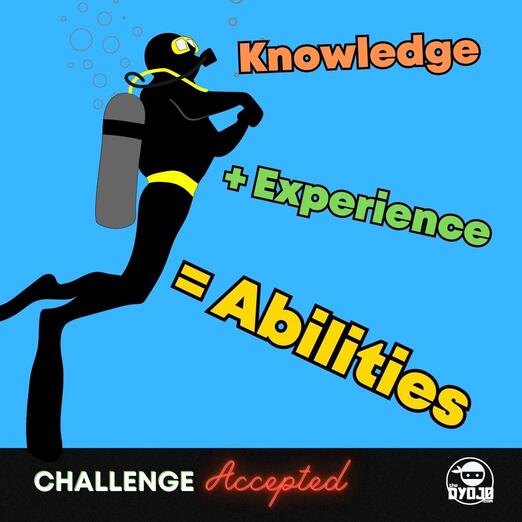
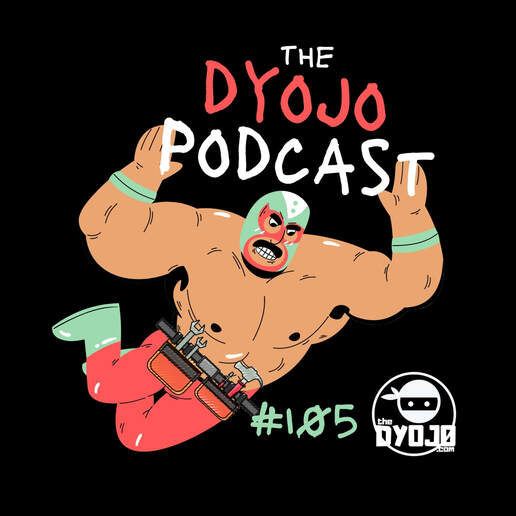

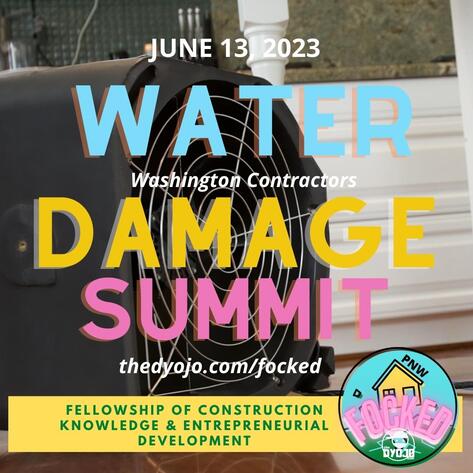
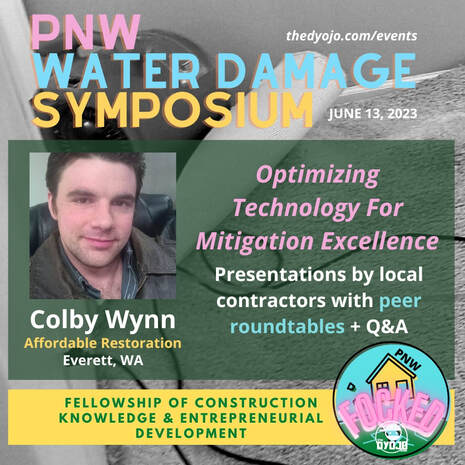
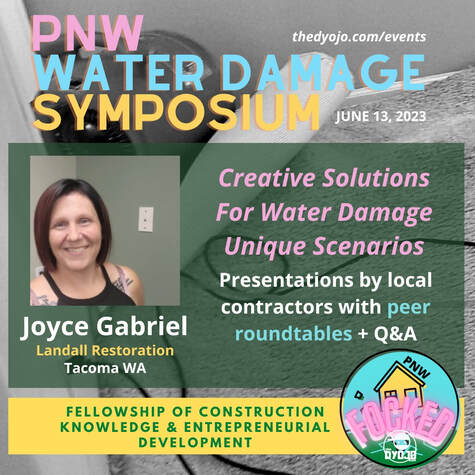
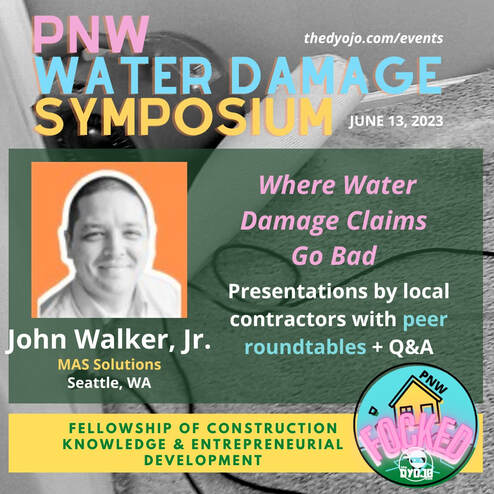

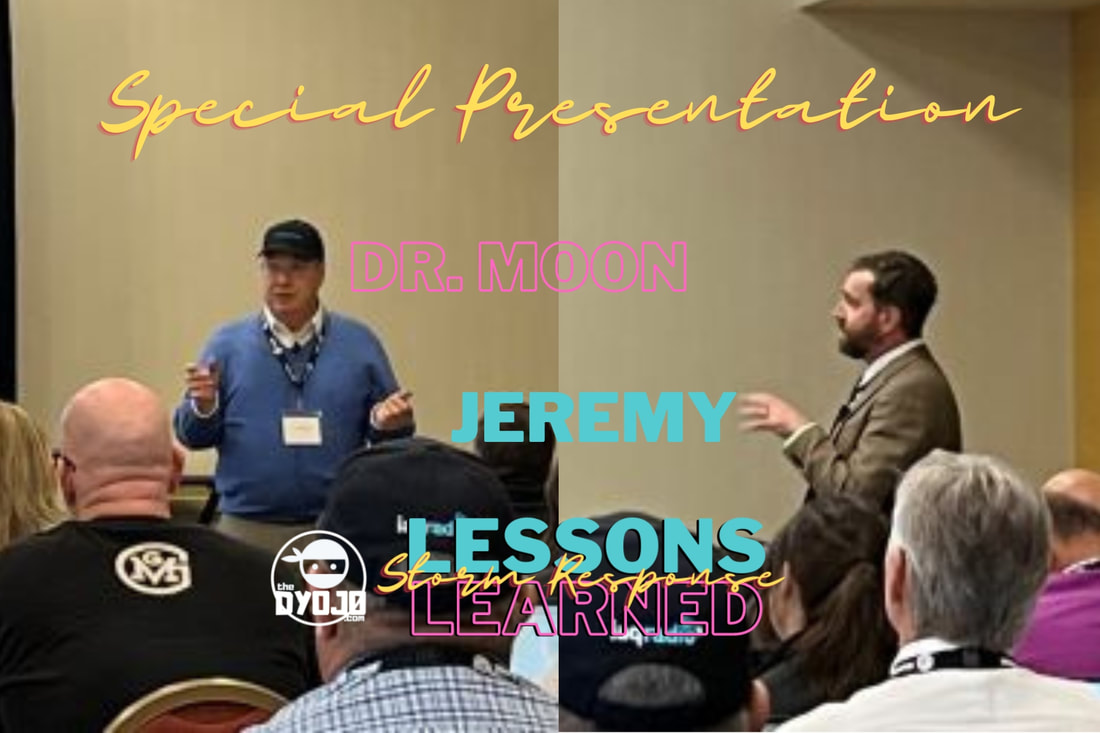
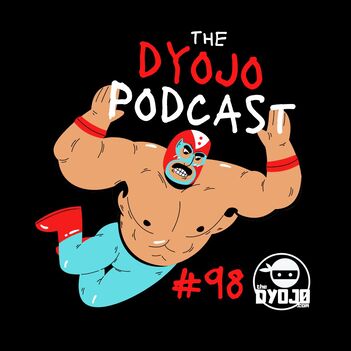
 RSS Feed
RSS Feed
